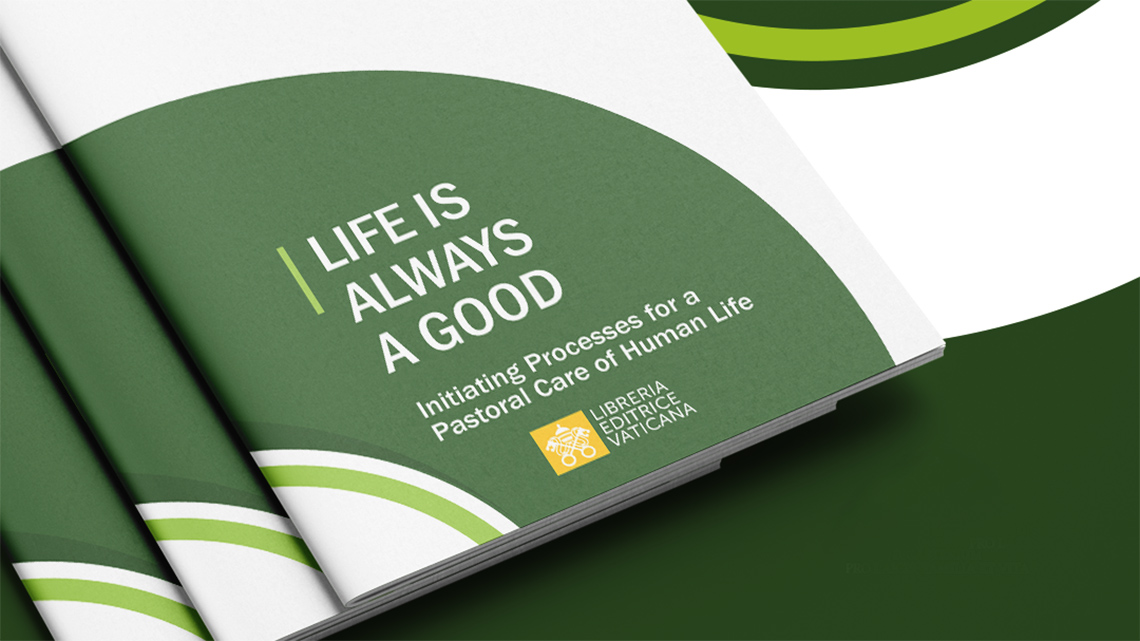
On the eve of the 30th anniversary of Pope Saint John Paul II’s Encyclical Letter Evangelium vitae, the Dicastery for Laity, Family and Life has published a Pastoral Framework titled: Life is always a good. Initiating Processes for a Pastoral Care of Human Life.
It has the express aim of defending, safeguarding, and promoting human life in different geographical areas and cultural contexts, in a time marked by extremely serious violations of human dignity.
“Life is always a good,” wrote Cardinal Kevin Farrell, Prefect of the Dicastery, when presenting the document. “As such it should be presented, safeguarded, and enhanced in every situation.”
He continues:
“In a time marked by extremely serious violations of human dignity, with many countries afflicted by wars and all sorts of violence – especially against women, children before and after birth, adolescents, people with disabilities, the elderly, the poor and migrants – we must forge a genuine Pastoral Care of Human Life to put into practice what is also reiterated in the recent Declaration Dignitas infinita of the Dicastery for the Doctrine of the Faith: ‘an infinite dignity, inalienably grounded in his or her very being, which prevails in and beyond every circumstance, state, or situation the person may ever encounter.’ (No. 1). Therefore, every person’s life should always be respected, safeguarded, and defended. This principle, which is recognisable even by reason alone, is to be implemented in every country, village, and household.”
The Pastoral Framework is the result of an ongoing dialogue with the bishops. His Excellency Monsignor Dario Gervasi, Adjunct Secretary of the Dicastery for Laity, Family and Life, said:
“The primary recipients of this Pastoral Framework are the bishops who, during their frequent ad limina visits to the Holy See, have always emphasised the urgency of a renewed commitment to safeguard and promote the life and dignity of every human being.” In a webinar organised by the Dicastery in 2024 with the heads of the Family and Life Commissions of the Conferences of Bishops across the world, a shared process to develop a Pastoral Care of Human Life was initiated, in light of the recent guidance provided by the document Dignitas infinita.
To support this process, the Pastoral Framework offers a proposal that also suggests how to apply the synodal method of discernment in the Spirit concerning the many issues related to human life, as well as the ways to defend, safeguard, and promote it across different geographical areas and cultural contexts.
Monsignor Gervasi continued:
“In a common dialogue, the aim is to support each diocese’s journey so that they can invest the necessary resources for a more effective formation of the laity and raise awareness among younger generations about the value of human life.”
The Dicastery is encouraging every bishop, priest, religious man and woman, and lay person to read this Pastoral Framework, and strive to develop an organic and structured Pastoral Care of Human Life, which can provide workers, educators, teachers, parents, young people, and children the right formation to respect the value of every human life.
Visit the official website for the Dicastery for Laity, Family and Life.